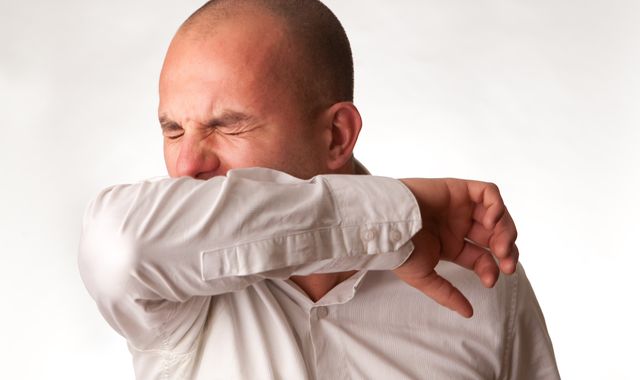Coronavirus: The latest NHS advice on COVID-19 symptoms
Written by News on 15/03/2020
As the government enters its second phase of the response to the coronavirus outbreak, the NHS has updated its advice for those concerned they may be at risk of contracting COVID-19.


Prime Minister Boris Johnson said the UK was now moving from trying to contain the virus to delaying its spread.
When should I self-isolate?
People should stay at home for seven days if they have either:
- A high temperature
- A new continuous cough
“Do not go to a GP surgery, pharmacy or hospital,” the NHS website adds. “You do not need to contact 111 to tell them you’re staying at home.”
Health Secretary Matt Hancock told Sky News on 15 March that over-70s will be asked to self-isolate – potentially for months – “in the coming weeks”.
He added that the “elderly and vulnerable” would be asked to “shield themselves by self-isolating”.
He continued: “We appreciate it is a very big ask of the elderly and vulnerable, and it’s for their own self protection.
“The measures we’re looking at taking are very, very significant and they will disrupt the ordinary lives of almost everybody in the country.”
When should I call 111?
The NHS is asking people to use its 111 online service if:
- You cannot cope with your symptoms at home
- Your condition gets worse
- Your symptoms do not get better after seven days
People are asked to phone 111 only if they cannot get help online.
What should I do if I’m self-isolating?
The NHS is asking people staying at home to:
- Try and keep two metres (three steps) away from other people in your home – especially older people or those with long-term health conditions
- Ask friends and family and delivery services to deliver food and medicine – but avoid contact with them
- Sleep alone if possible
- Wash your hands with soap and warm water for 20 seconds on a regular basis
- Try to stay away from older people and those with long term health conditions
- Drink lots of water and take everyday painkillers – like paracetamol and ibuprofen – to deal with your symptoms
- Not have visitors and ask people to leave deliveries outside
- Not leave the house – including going for a walk or to schools or any public places
How do I avoid catching or spreading COVID-19?
- Wash your hands regularly – with soap and water and for at least 20 seconds
- Wash your hands when you get home or into work
- Use hand sanitsers if you do not have access to soap and water
- Cover your mouth and nose with a tissue or with your sleeve – not your hands – when you cough or sneeze
- Used tissues should be put in the bin immediately and your hands should be washed afterwards
- Try to avoid contact with people who are unwell
- Do not touch your eyes, nose or mouth if your hands are not clean
How is the virus spread?
The NHS says it is not exactly known how coronavirus is spread from person to person because it is a new illness.
It says similar viruses are spread in cough droplets and that it is “very unlikely” to be be spread through things like packages or food.
Is there any treatment?
There is no specific treatment for coronavirus and antibiotics do not work as they do not work against viruses.
Any treatment can only relieve symptoms while your body fights the illness, and you will have to self-isolate until you have recovered.
What has the government’s chief scientific adviser said?
Sir Patrick Vallance has told Sky News millions of Britons will need to contract coronavirus in order to control the impact of the disease which is likely to return “year on year”.
He said about 60% of the UK population will need to become infected with COVID-19 in order for society to have “herd immunity” from future outbreaks.
Herd immunity is the resistance to a contagious disease within a population because enough people have become immune.
For more information and advice visit nhs.uk/coronavirus
(c) Sky News 2020: Coronavirus: The latest NHS advice on COVID-19 symptoms







